Three months ago, Anne finished chemotherapy. She is tired, overweight, anxious and her feet burn. Anne sleeps poorly, cannot concentrate at work and her relationship with her husband is distant, let alone intimate. In my office for a “survivor’s” visit, Anne asked the glaring question. “Will I recover? Will I ever be the same.”? After a moment of thought I answer, “I hope not.”
OK, I was not really that cold. What I actually said was more like, “Well, what you are going through is tough. You are recovering from a terrible disease and even harder therapy. But, with time, you will get stronger and feel much better. It will not be easy, but you will gain energy, appetite and sleep well. You will be able to laugh again and enjoy your family. There will be up and downs, but you will get back to living a full life. But, will you be the same? No, you are changed forever.”
There are many natural passages in life. Starting day care or kindergarten. Your first date. Bar Mitzvah or Catechism. Graduations. First job. A distant move. Marriage. Children. Retirement.
There are the bad passages, which we try hard to avoid. Failing at school. Being fired. Being dumped, rejected or divorced. The sudden death of a loved one. Our house burning down or being robbed. These are crises, which tear at the lives we know, in ways we would never wish.
Each passage results in profound changes in who we are and how we see life. Passages are not just openings to another room; they are journeys to new worlds. Good or bad they knock us down, and force us to pull ourselves up. Moreover, the cruel reality exists that when we see a light at the end of the tunnel, it may be an oncoming train.
Life threatening disease is an unwelcome and terrible passage. No sane person gets up some morning and says, “Gee, I hope I get acute leukemia so that I can understand myself better, prove how tough I am, build close relationships with autocratic strangers and better appreciate the sweet moist smell of morning leaves or the brilliance of a baby’s smile.”
None-the-less, the battle against cancer or other illness is transforming. It remakes us from the top of our head, to the bottom of our souls.
Mostly, we could do without the change. There are gentler ways to learn about life. However, once there, once cursed by disease, we change and not all of it is bad. Much is confusing, requiring us to re-evaluate our world. We have to discover who we are, and how we are different. We learn lessons about ourselves, the people we love and life itself. To push that idea just a little further, I would suggest that cancer patients work so hard and suffer so long, that they deserve to gain special wisdom.
So, without being callous, I do not wish that cancer patients return to the person they were. I hope that in trade for their struggle they gain new knowledge, grace, balance and perhaps peace. Maybe they will come to understand a purity or beauty in a particular relationship, a fulfillment in their work, honesty in thought or simply the vital ability to just say, “No.” The dreaded disease takes so much; I hope that the passage gives something good, if just a little.


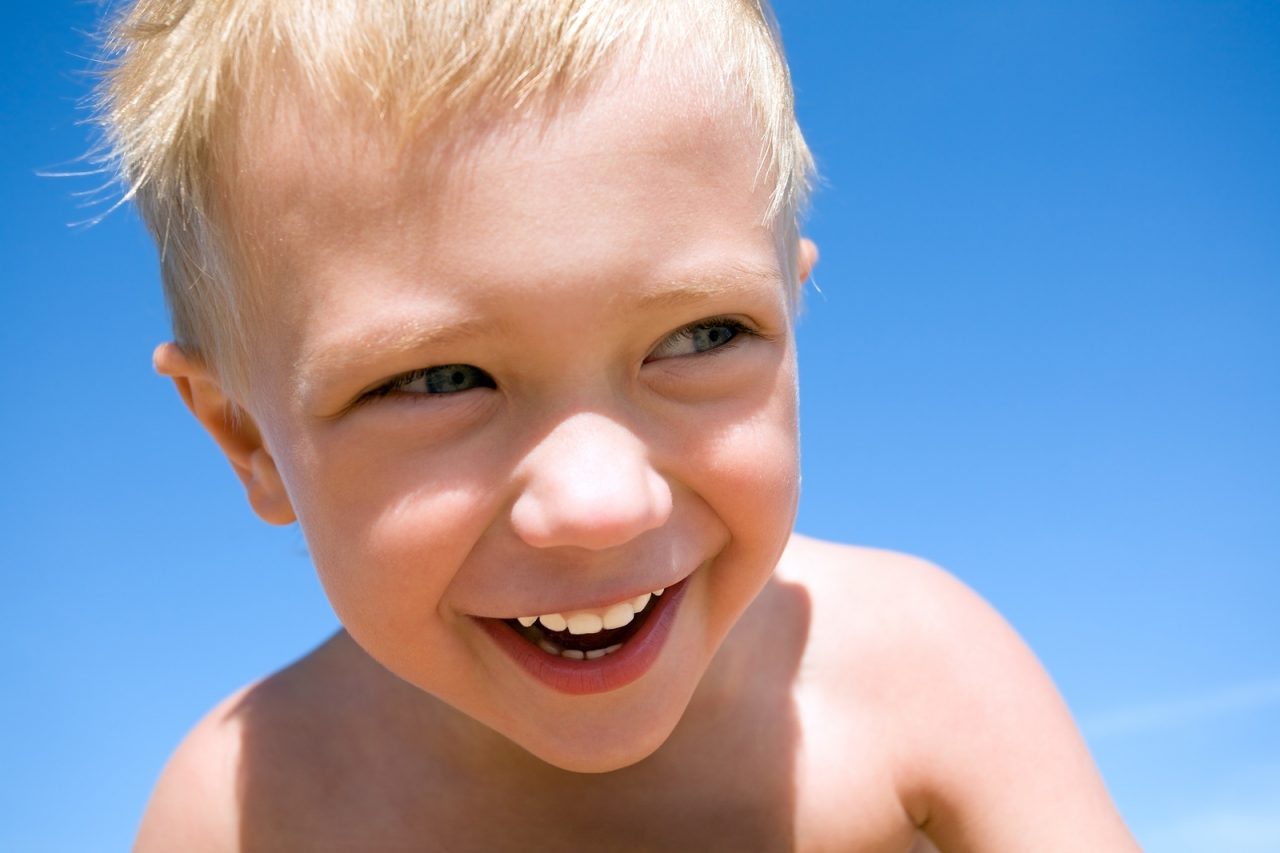
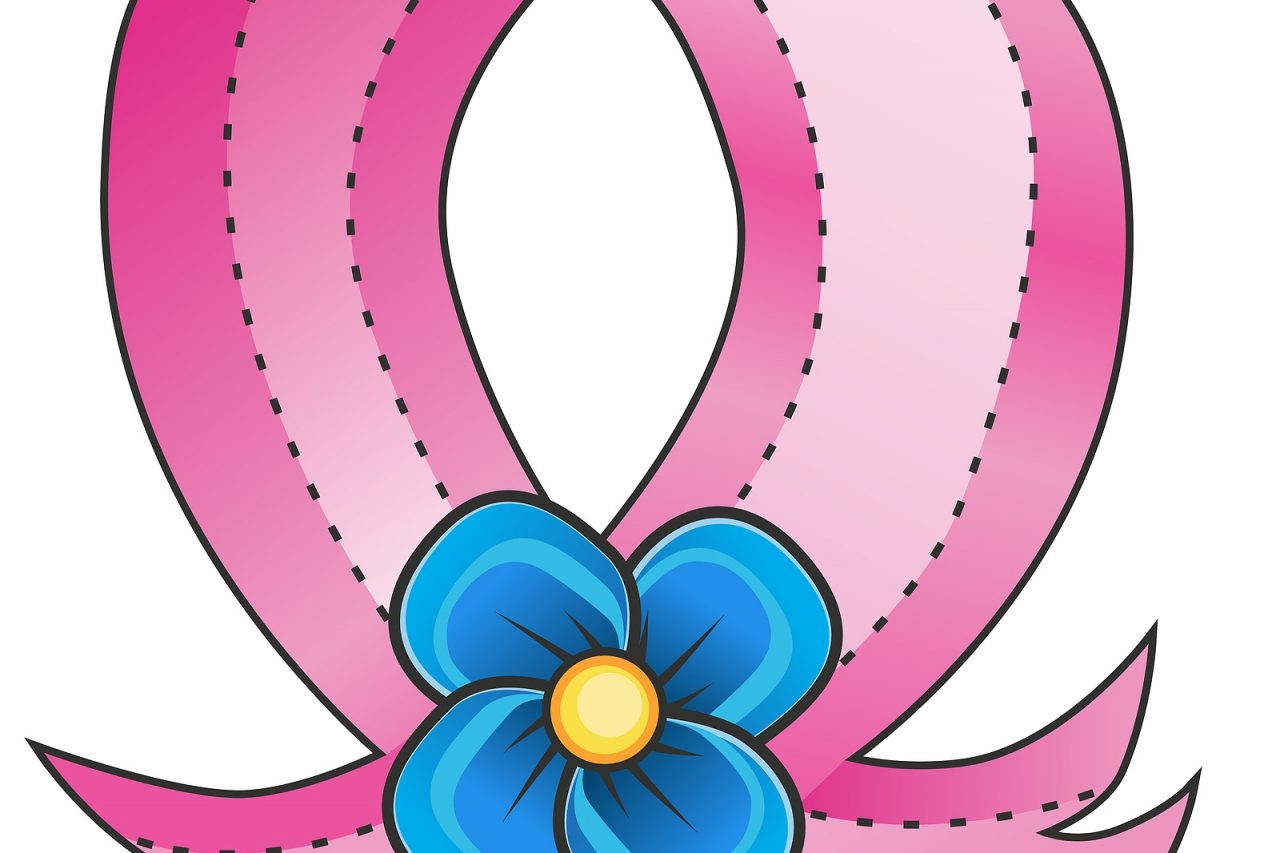
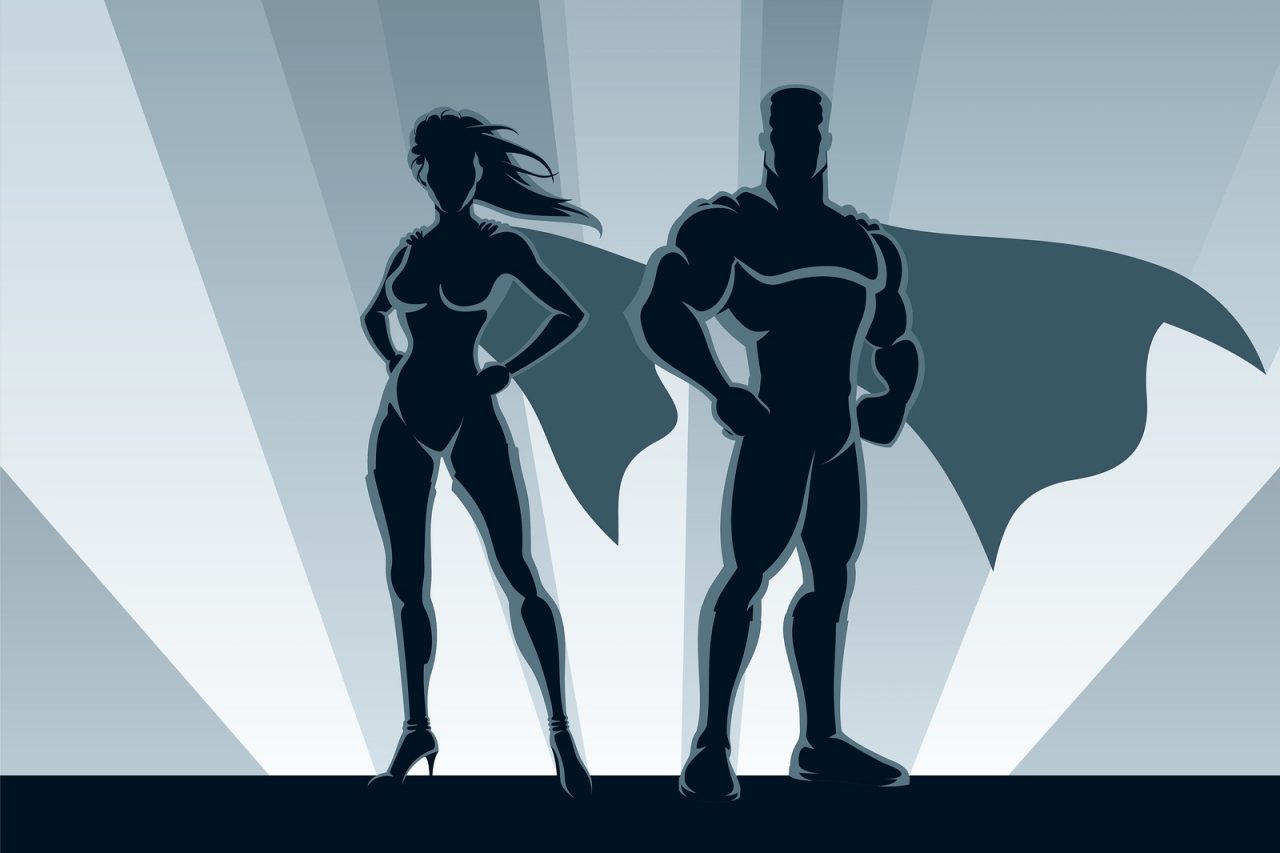
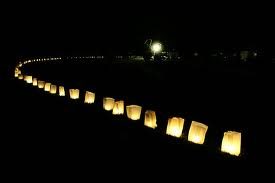
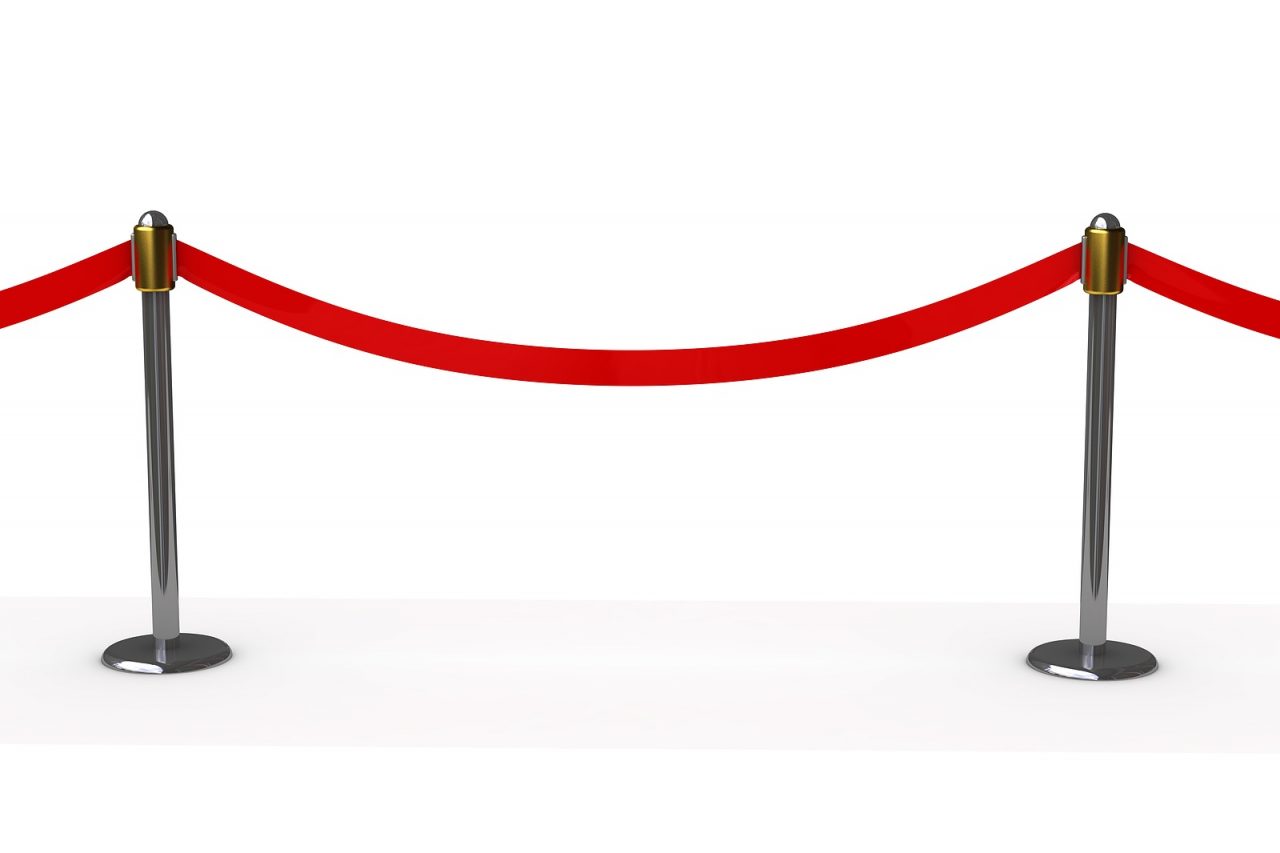
13 Comments